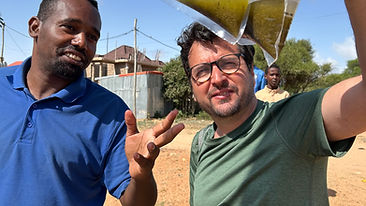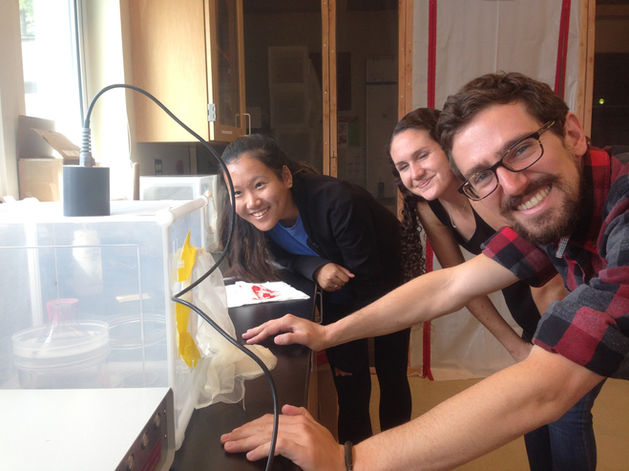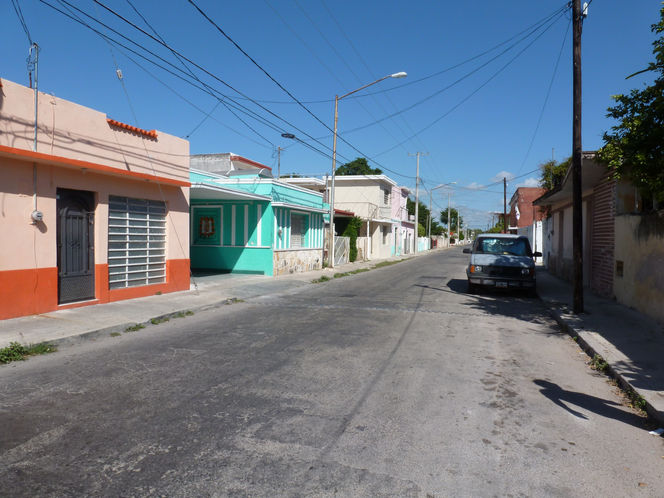

OUR RESEARCH SITES
ATLANTA, GA
In the center of Atlanta, Emory campus provides unique opportunities to research mosquito-borne diseases in the field and laboratory. The Prokopec Lab conducts fieldwork in and around Emory campus, working with local communities in the study of the ecology of vector-borne diseases.
We count with state-of-the-art insectary spaces for large-scale rearing of mosquitoes and conducting experiments, including a separate laboratory for 'insecticide evaluations.
MÉRIDA, YUCATÁN, MÉXICO
In partnership with the Unidad Colaborativa de Bioensayos Entomologicos (UCBE), dependent of the Autonomous University of Yucatan, we have established a world-class field and lab infrastructure, including innovative laboratory space for experimentation and insecticide bioassays, experimental huts for simple experiments, experimental houses for realistic (pre-field) evaluations, and the entire extension of Merida for open field studies.
UCBE will soon be receiving WHO accreditation as a GLP-certified laboratory.
Thanks to funding from Mexico's Science Council and USAID, UCBE counts with a laboratory of biological control, currently operational and rearing Ae. aegypti transfected with Walb-strain of Wolbachia.
Pilot releases are ongoing, and the facility has the capacity to produce up to 5 million male mosquitoes per week.
Wolbachia Factory in Yucatan
Located in the campus of Biological, Veterinary and Agricultural Sciences of the Universidad Autonoma de Yucatan (UADY), the Laboratory of Biological Control for Aedes aegypti (LCB) is the largest Wolbachia factory in the Americas. The facility has two main areas: office area with 138m2 and the mass-rearing area (Laboratory) with 237m2. The installed capacity allow to produce 3 million incompatible/sterile Ae. aegypti males per week. The availability of a Wolbaki multifunctional X-ray irradiator (WBK-P0002-B1) allows for releases of sterile males on a SIT approach.
IQUITOS, PERÚ
Located in the heart of the Peruvian Amazon, Iquitos is the largest urban area not connected by roads or railroads. It is also endemic for dengue and other arbovirus.
In partnership with the US Navy and UCDavis, we've been developing research projects on the ecology and transmission of dengue, with a focus on the role of human mobility.
Iquitos has excellent laboratory and field capacities, which allow conducting entomological studies as well as advanced virological diagnostics.
Jigjiga, Ethiopia


IQUITOS, PERÚ
Located in West Ethiopia, Jigjiga is a city of ~800,000 currently undergoing rapid urbanization. WIthin the city, the newly established Anopheles stephensi mosquito is the subject of intensive research. In partership with Jigjiga University, we are conducting field entomological studies and vector control interventions aimed at preventing the spread and (ultimately) eliminating An. stephensi from Africa.








